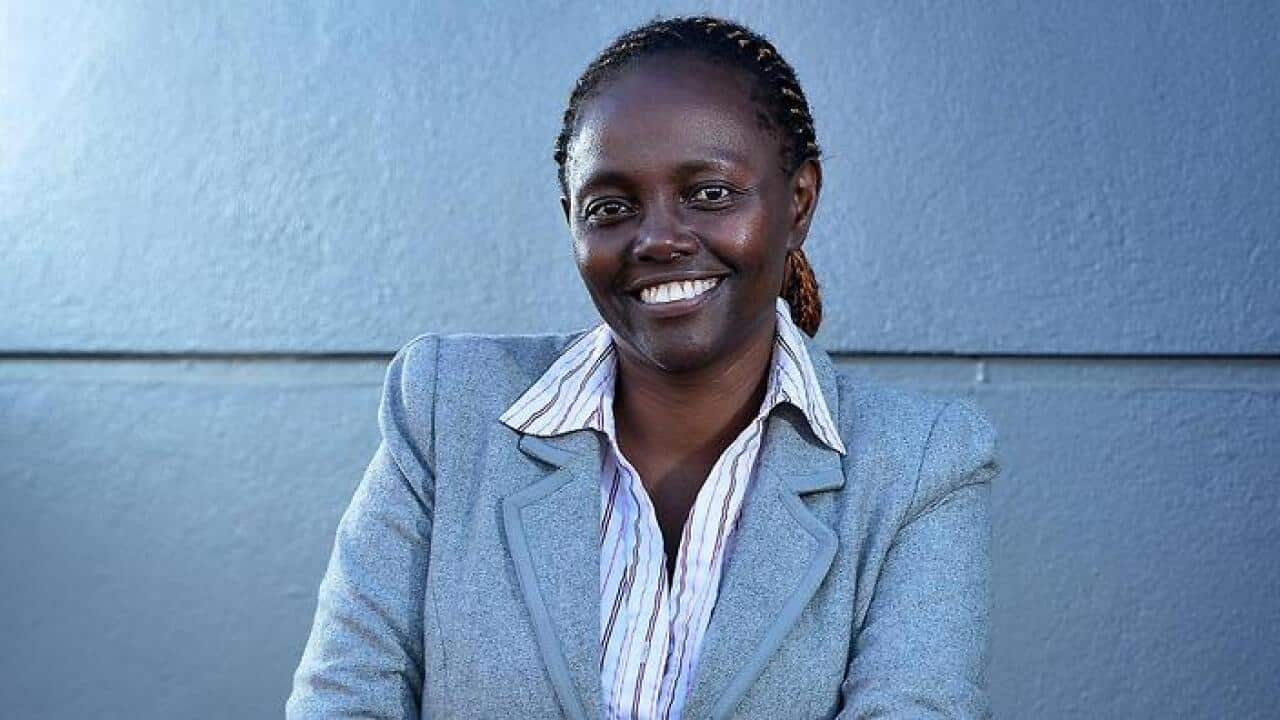South Australian Liberal MP Rowan Ramsey said some Aboriginal people in his electorate will “undoubtedly” not be able to take part in the same-sex marriage plebiscite.
Mr Ramsey’s electorate of Grey is one of the biggest in Australia and encompasses the very remote Anangu Pitjantjatjara Yankunytjatjara (APY) Lands.
“People are very fluid in their movements so, yeah, there will be some slippage there,” he told SBS World News.
“But what do you do? You don’t have an election? You don’t have a plebiscite? You don’t do anything because you can’t get 100 per cent of the turnout?”
The government plans to begin sending postal plebiscite forms next month to decide whether same-sex marriage will be legalised. It plans to announce the results on November 15.
The Prime Minister has confirmed a majority ‘yes’ vote in the voluntary ballot would lead to a conscience vote in parliament.
The latest Census data shows about 1,700 Indigenous people live in the outback APY Lands, with nearly all of them speaking the Pitjantjatjara dialect instead of English as a first language.
“The way things work in those communities is people seek advice from people who have better written skills than themselves,” Mr Ramsey said.
“It’s a pretty simple answer. It’s either ‘yes’ or ‘no’.”
Mr Ramsey said he believed Indigenous voter turnout would be low and pointed to previous elections.
“In federal elections we sent visiting electoral teams up there, two teams normally into the APY Lands,” he said.
“They make themselves available at every community and yet I don’t think our turnout would be above 40 per cent quite honestly.”
He encouraged his constituents to enrol to vote or make sure their details were correct as soon as they could.
The issue of mailboxes
Other politicians are also raising concerns about the ability of Indigenous people to vote in remote or very remote communities.
The Labor member for Lingiari, Warren Snowdon, represents about 37,000 Indigenous people in his electorate which encompasses the entire Northern Territory.
“The number of people [who would not be able to vote] is difficult to assert. Probably some thousands, absolutely,” he said.
“Most Aboriginal people that live in remote communities don’t have a mailbox, they don’t have home delivery of mail.”
The Australian Electoral Commission said Australians have until August 24 to make sure they are enrolled correctly if they wish to take part in the plebiscite.
“The ABS is finalising the survey process, including supporting participation by all eligible Australians (including those without access to mail, vision impaired, overseas etc), and will provide details when they are available,” it said.
“The ABS assures Australians that there will be no personal identifiers on the survey form and all materials will be destroyed by the ABS at the end of processing.”
“Who’s going to inform [Indigenous Territorians] about their rights and responsibilities and get them on the roll in a fortnight?” Mr Snowdon asked.
“That simply will not happen.”
Mr Snowdon asked a similar question to Prime Minister Turnbull in Question Time on Thursday.
“I would encourage him, as an enthusiast for democracy, to get those constituents on the electoral roll so they can participate in this plebiscite,” Mr Turnbull said.














